|
We all have a dilemma each time we open our mouths to speak. Do I say what I know or do I ask about what I don't?
We may say what we know to express our opinion in a conversation, to convince, to teach or simply to reinforce our own reality by saying it out loud. As yogis, we should be careful of this. Every time words come out of our mouths, their reality is solidified in our minds, and we become more rutted in our version of things. When we ask what we don't know, two important things happen in our minds. We acknowledge that we don't know everything, a humility that is absolutely essential for growth and human connection. And we open ourselves up to new information and knowledge. How will we get smarter and better, how will we make progress if we think we are at the pinnacle of knowledge and understanding? This is why I love to be wrong and to admit that my knowledge is incomplete. Only during these moments can I learn new things and make progress in understanding. This benefits me by making me smarter and more complete, and more so by maintaining humility and flexibility in the "reality" that is my mind.
0 Comments
Leave a Reply. |
AUTHORSScott & Ida are Yoga Acharyas (Masters of Yoga). They are scholars as well as practitioners of yogic postures, breath control and meditation. They are the head teachers of Ghosh Yoga.
POPULAR- The 113 Postures of Ghosh Yoga
- Make the Hamstrings Strong, Not Long - Understanding Chair Posture - Lock the Knee History - It Doesn't Matter If Your Head Is On Your Knee - Bow Pose (Dhanurasana) - 5 Reasons To Backbend - Origins of Standing Bow - The Traditional Yoga In Bikram's Class - What About the Women?! - Through Bishnu's Eyes - Why Teaching Is Not a Personal Practice Categories
All
Archives
May 2024
|

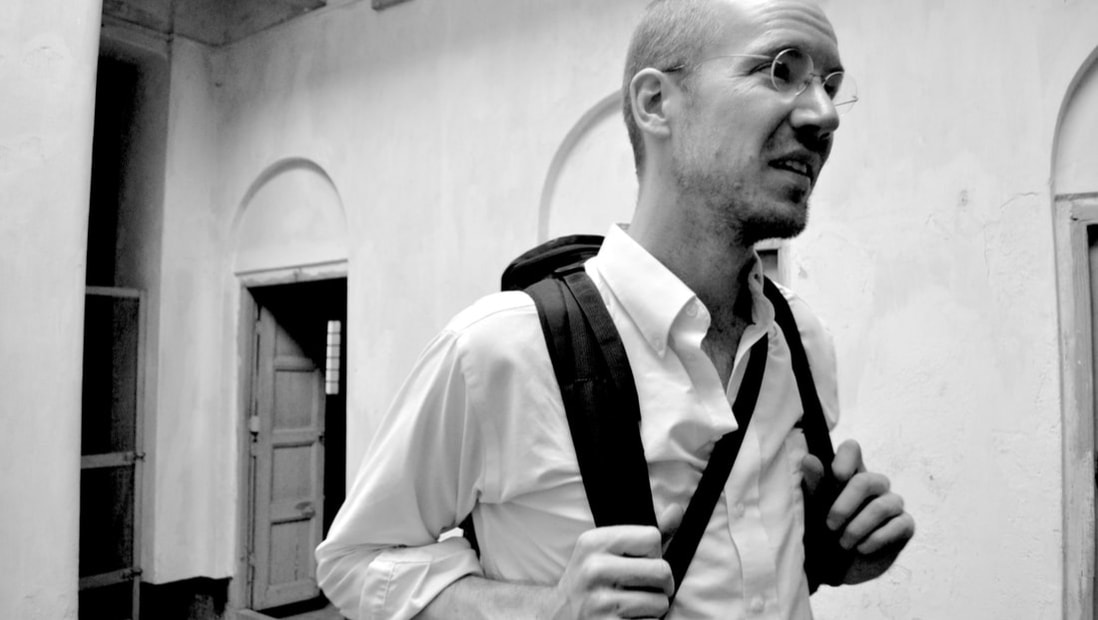
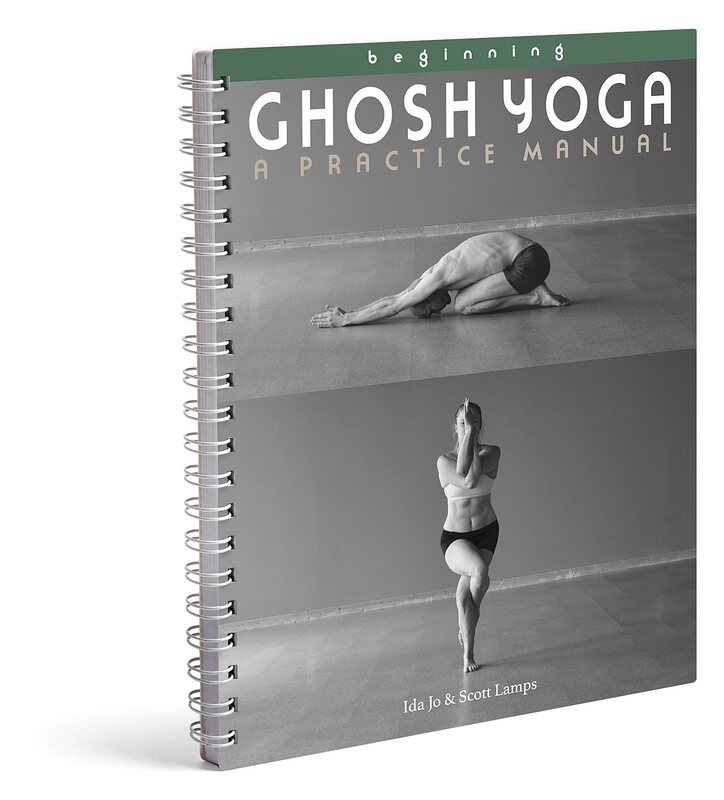
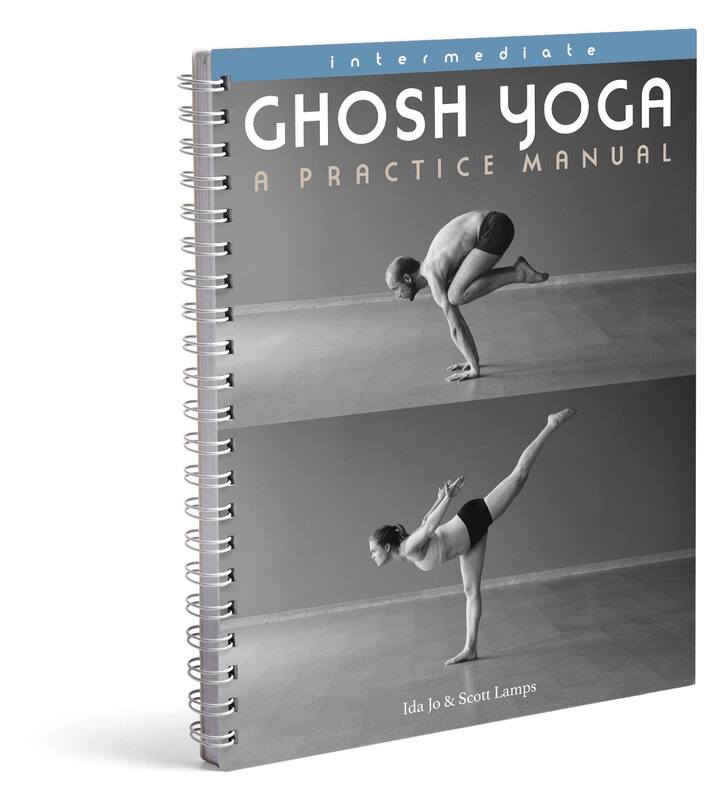
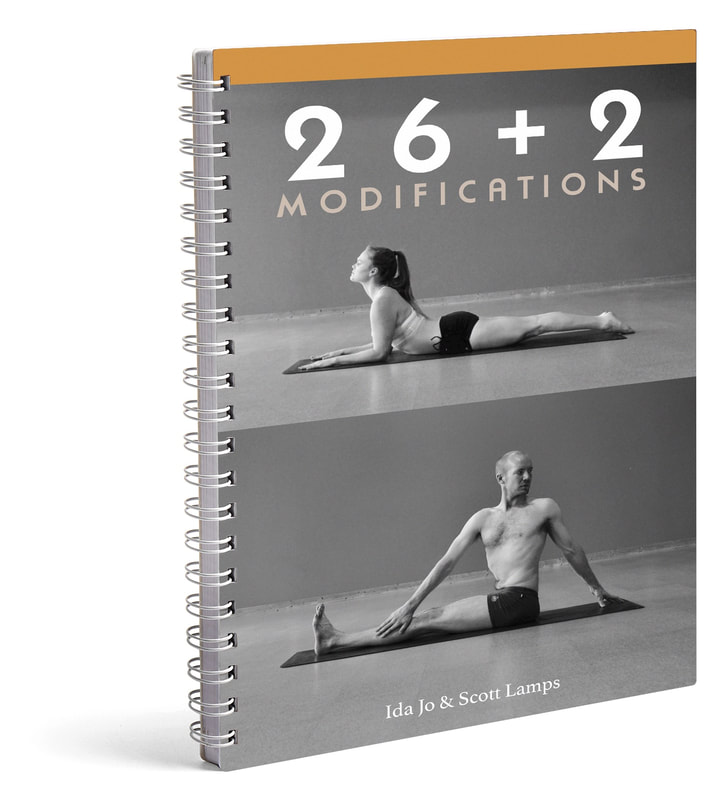

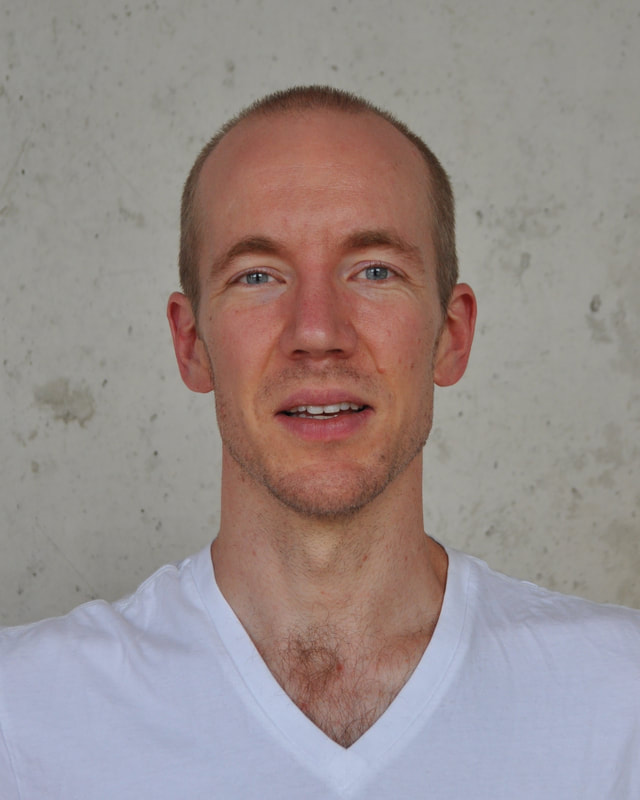
 RSS Feed
RSS Feed